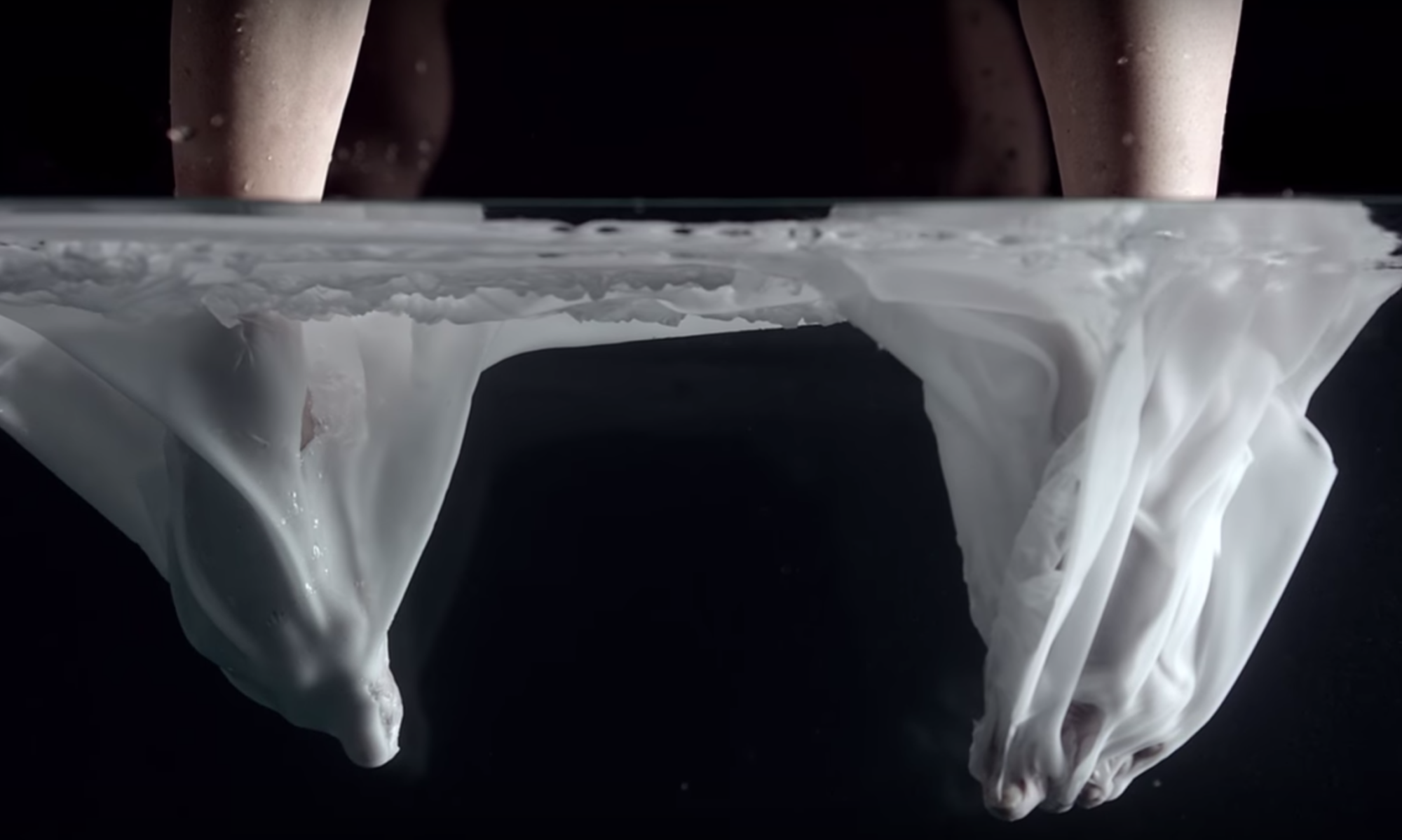Today we documented ourselves doing a stacking exercise. I did this using plastic containers and cups from my kitchen. In my first stack, I managed to pile all the containers into a tower as tall as me, using the largest containers at the bottom and smallest at the top. It took about 7 minutes of building and carefully placing the objects on top of each other, while my helper Holly (our dog) participated from the comfort of the couch.
In terms of the labour involved, it was a mix of both physical and mental. Of course there was the physical labour of using my hands and coordination to stack the containers, but there was also the mental effort of judging how an object might alter the balance of the stack and figuring out where to position things to make it work. I documented the end result from both high and low angles to show different perspectives of the tower. I think it’s interesting because when I look at these images I feel like the tower is going to topple over, or it doesn’t look like it should still be standing. I felt a sense of accomplishment in finishing it, but also a fear or worry that what I had made could tumble and be ruined at any moment. It made me think about why I had laboured and spent time and energy making something that I knew could be instantly destroyed at any moment – was my labour worth the small satisfaction of completion? Was this process of labour rewarding? The irony is that the most fun part is possibly knocking the tower down at the end. Yet, my tower ended up suddenly falling over due to the ground moving so I missed out on this fun. I filmed the aftermath of the fallen containers, and I think the messy chaos of this is an interesting contrast to the neatly stacked tower. This task made me think about ideas such as fragility, risk, and futility, which are sometimes involved in labour.


Our next task was to stack our items from smallest to largest, and this definitely proved to be a challenge. I recorded this task on my phone, but the video was very long since I had to keep rebuilding the tower as it fell over a few times. It made me think about the mental labour of problem solving, repetition and persistence. But although it was a bit of a frustrating process, I actually found myself laughing every time my stack fell over. Perhaps laughing was a form of mental relief for my brain as it persisted in thinking how to build a balanced tower, like a tiny moment of ‘down time’. In relation to this idea, I think it’s interesting to consider what helps people get through labour – how do our bodies and minds cope with or respond to labour?
As a way of intentionally de-stacking my tower (without it just toppling over), I carefully removed each item, working from the top, and re-stacked them into a new tower. I like the idea of transformation in this, in the way that the stack is gradually rebuilt in reverse. I recorded this but removed the sound to explore how this changes our experience when we view the labour. I think that watching this feels strange because I expect to hear the noises of the containers, but now I can only imagine these sounds. It makes me feel like a part of the video is missing, highlighting the significance of sound in our experiences of the production of labour.
I also filmed some stacking from below, by building the stack on top of my phone. I find this video kind of satisfying to watch from this perspective as the stack gradually grows higher, perhaps because the low angle makes it look much taller and greater than it is. I also find the sound of the containers interesting because the noises are very clear with the phone in direct contact with the stack. Of course, the tower loses balance and falls apart at the end. When I watched this, I felt quite immersed in the experience of the tower being built, and I felt like the containers were going to fall on me. I think that the camera’s perspective can have a really powerful impact on the viewers response and feelings in lens based media and this is something I would like to continue to explore.

Great reflective writing Abbey! I like your inclusion of “ideas such as fragility, risk, and futility, which are sometimes involved in labour”. Great start to the brief!